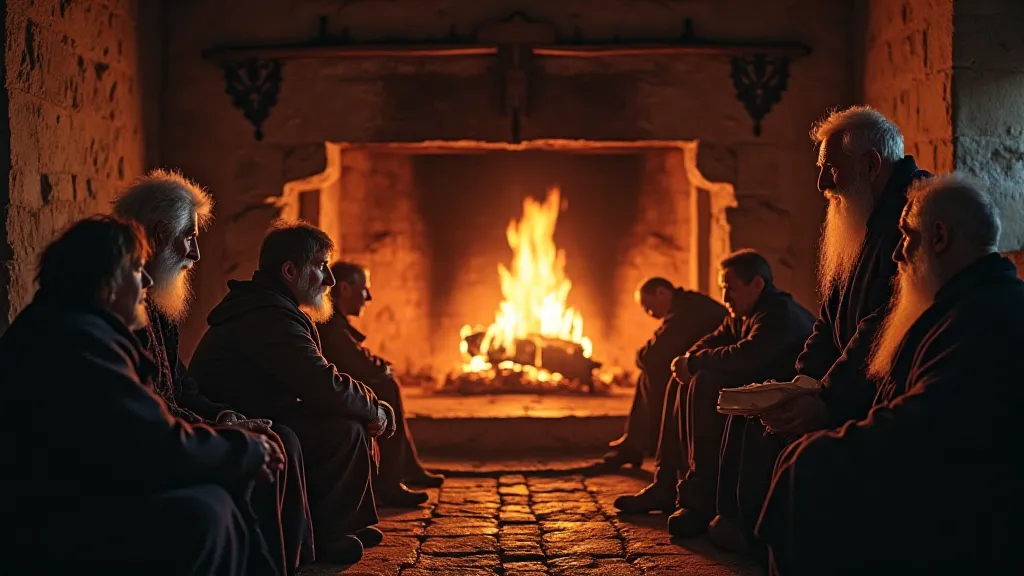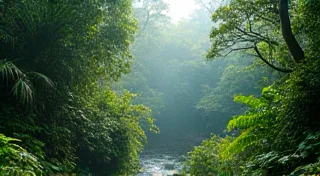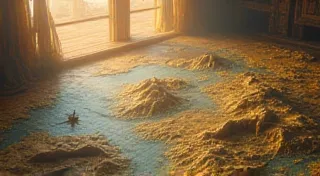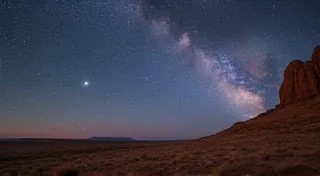The Folklore of the Balkans: Vampires, Djordje, and Ancient Spirits
The Balkan Peninsula, a crossroads of cultures and empires for millennia, boasts a folklore as rich and complex as its landscape. From the rugged mountains of Albania to the fertile plains of Bulgaria, the oral traditions of the region are steeped in ancient beliefs, heroic narratives, and chilling tales of the supernatural. This article delves into some of the most captivating aspects of Balkan folklore, exploring the infamous legends of vampires, the heroic figure of Djordje (Saint George), and the enduring presence of ancient spirits and magical creatures.
The Shadow of the Vampire: More Than Just a Bloodsucker
Perhaps the most globally recognized element of Balkan folklore is the vampire. While Western interpretations often portray vampires as purely monstrous bloodsuckers, the Balkan versions are far more nuanced. The term "vampir" (or variations thereof in different languages) originated in the Balkans, particularly in Serbian and Slovenian traditions. These early vampires, or *vampiri*, weren't necessarily evil incarnate. They were often believed to be individuals who died improperly – perhaps due to violence or suicide – and were destined to return to plague the living.
Balkan vampire beliefs were intertwined with practical concerns. Exhumations and staking were common practices used to prevent the ‘return’ of the deceased. Garlic, believed to repel evil spirits, was frequently placed on corpses or hung around homes. These customs weren't simply superstitious; they reflected anxieties about death, disease, and the disruption of the social order. The tales of vampires served as cautionary narratives, highlighting the importance of proper burial rituals and social responsibility. The iconic image of the vampire, with its aversion to sunlight and its vulnerability to garlic, evolved from these deeply rooted cultural beliefs.
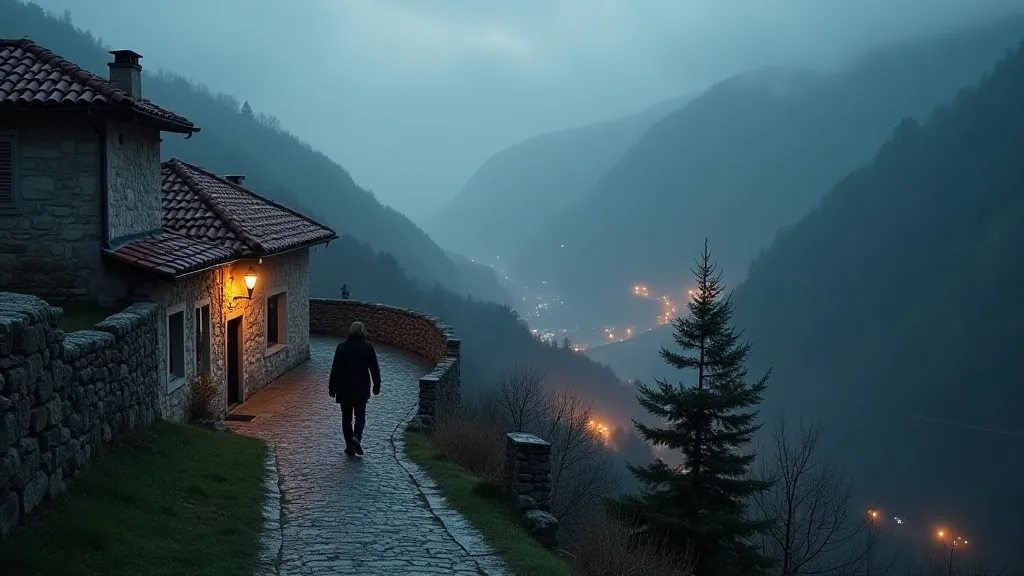
Djordje (Saint George): Hero, Dragon Slayer, and Cultural Icon
Alongside the darker aspects of Balkan folklore resides the figure of Djordje (Saint George), a powerful symbol of heroism, righteousness, and national identity. Celebrated as a Christian saint, Djordje’s legend resonated deeply within the Balkan region, blending seamlessly with pre-existing narratives of valiant warriors and protectors. The tale of Djordje slaying the dragon, rescuing the princess, and embodying courage is central to Christian iconography worldwide, but its significance in the Balkans goes further.
In many Balkan cultures, Djordje is more than just a religious figure; he is a folk hero. He represents resistance against oppression and the triumph of good over evil. His feast day, celebrated on April 23rd, is a major holiday marked by festivities, traditional dances, and vibrant celebrations. Throughout the region, variations of the Djordje legend are woven into local stories and songs, often adapted to reflect regional concerns and cultural values. He is invoked as a protector of livestock, a symbol of strength, and a reminder of the importance of defending one's principles.
Ancient Spirits and Magical Creatures: A World Beyond the Visible
Beyond vampires and saints, Balkan folklore is teeming with a vast array of spirits, creatures, and magical beings that inhabit the liminal spaces between the human and the supernatural. These beliefs are remnants of pagan traditions that predate the arrival of Christianity and Islam, demonstrating the enduring power of ancient animistic worldviews.
Consider the *vilas*, beautiful and alluring female spirits said to inhabit forests and mountains. They are known for their enchanting voices and their ability to bestow blessings or inflict curses upon those who cross their path. Then there are the *domovoj*, protective household spirits who ensure the well-being of a home and its inhabitants. In some areas, one might encounter the *lamja*, a water nymph said to lure unsuspecting travelers to their doom.
These creatures weren’t merely imagined. They reflected a deep connection to the natural world and a respect for its hidden powers. Mountains, forests, rivers, and springs were all considered to be inhabited by spirits who demanded reverence and caution. Rituals and offerings were frequently performed to appease these spirits and ensure good fortune.
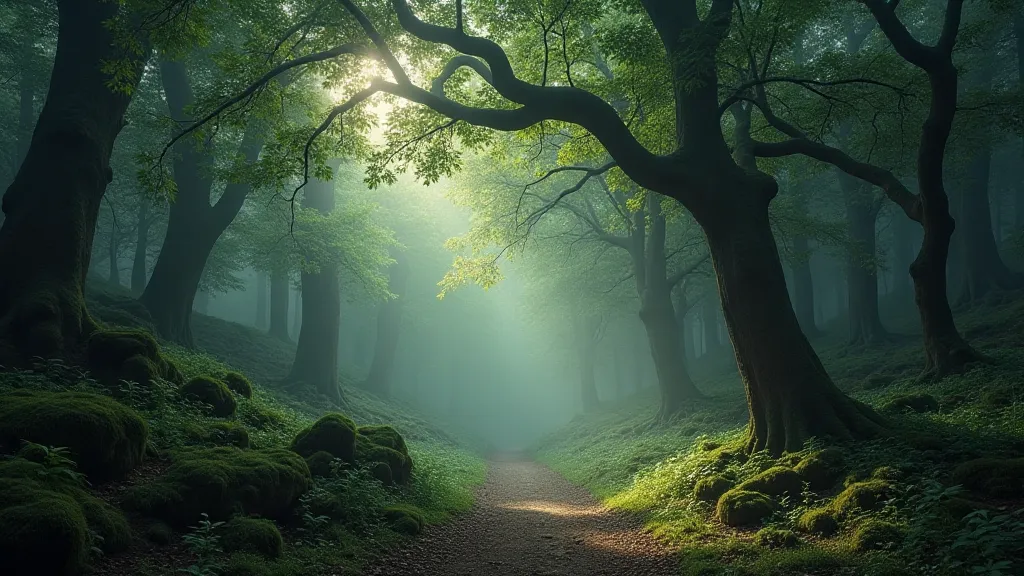
The Enduring Legacy of Balkan Folklore
While modern life has undoubtedly eroded some aspects of traditional folklore, its influence remains deeply embedded in Balkan culture. Stories are still told around hearths, songs are still sung at festivals, and beliefs in the supernatural continue to shape perceptions of the world. Modern authors and artists frequently draw inspiration from these ancient narratives, reinterpreting them for contemporary audiences.
The rich tapestry of Balkan folklore offers a window into the region's history, values, and beliefs. It's a testament to the power of oral tradition, the enduring fascination with the supernatural, and the human need to create meaning in a complex and often unpredictable world. Preserving and understanding these stories isn't just about celebrating the past; it's about safeguarding a vital part of Balkan identity and ensuring that these captivating narratives continue to inspire and enchant future generations.
